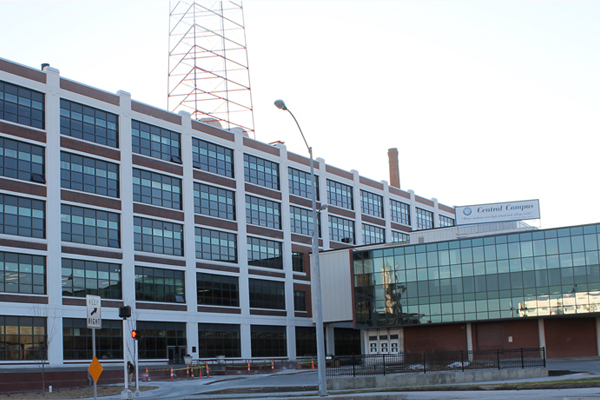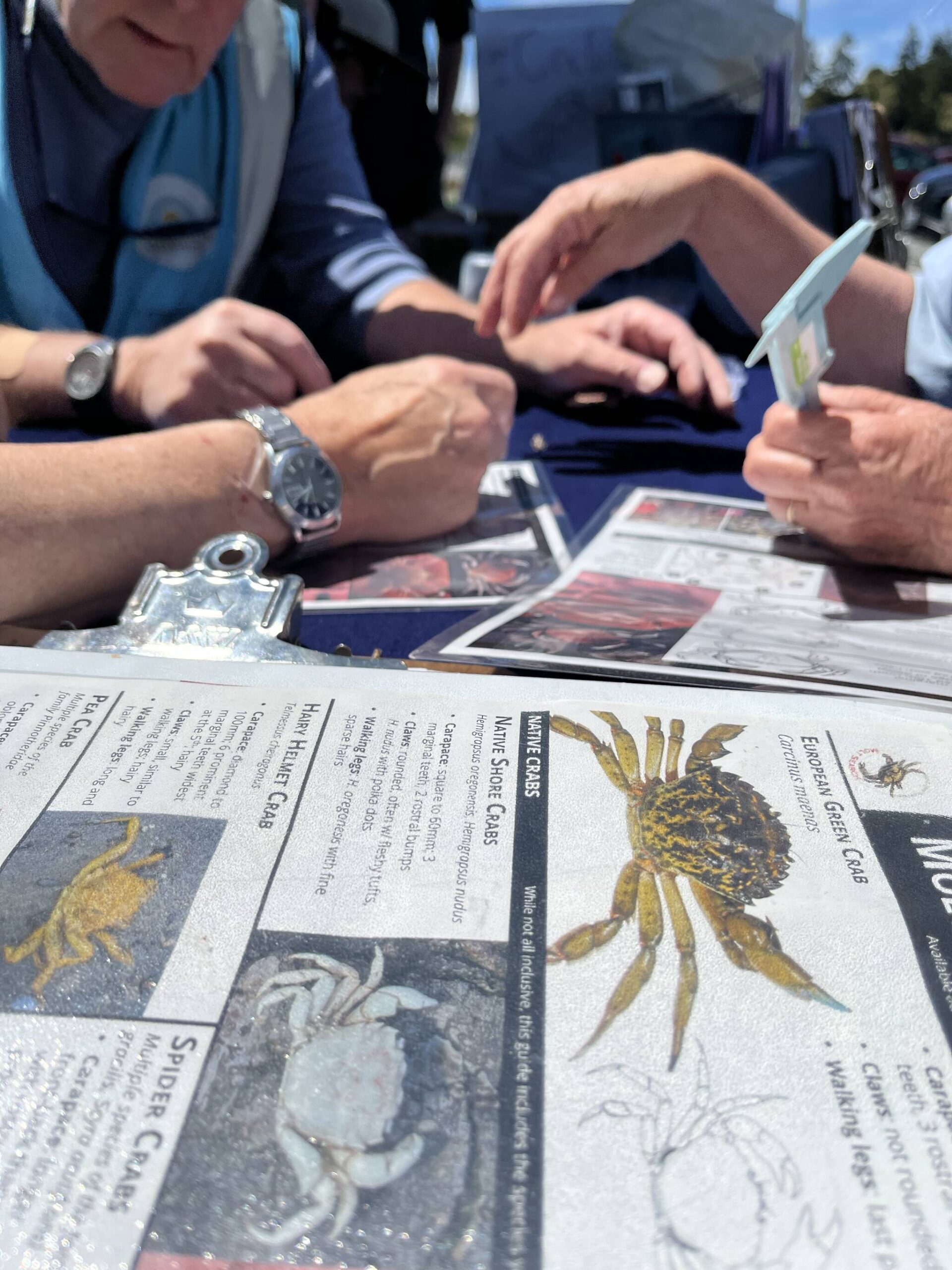Future Of Des Moines Central Campus Agriscience Program Uncertain After Pause

Table of Contents
Reasons Behind the Program Pause
The temporary suspension of the Des Moines Central Campus Agriscience program is a complex issue with multiple contributing factors. Understanding these underlying causes is the first step towards finding a solution. Several key factors are likely at play:
-
Budgetary Constraints and Funding Cuts: Like many public school programs, the Agriscience program may be facing reduced funding from state and local sources. This can lead to cuts in staffing, resources, and program offerings. Shrinking budgets often force difficult choices, impacting even vital programs like this one.
-
Declining Student Enrollment: A decrease in student enrollment in the Agriscience program could make it financially unsustainable. Competition from other extracurricular activities or perceived career limitations in agriculture might contribute to lower participation.
-
Shortage of Qualified Agriscience Teachers: Finding and retaining qualified teachers with expertise in agriculture and related sciences can be challenging. The demand for skilled educators in specialized fields often outstrips supply, leading to staffing shortages.
-
Facilities Issues: Outdated or inadequate facilities can also contribute to the program's difficulties. Necessary repairs, renovations, or even new construction may be required to create a safe and effective learning environment. This can represent a significant financial burden.
-
Unforeseen Circumstances: Other unforeseen circumstances, such as unexpected maintenance costs or changes in curriculum requirements, could also have played a role in the program pause.
Impact of the Pause on Students and the Community
The pause of the Des Moines Central Campus Agriscience program has far-reaching consequences for students, the community, and the future of Iowa's agricultural workforce.
-
Student Impact: Students interested in pursuing careers in agriculture are directly affected, losing access to crucial training and educational opportunities. This impacts their college applications, career prospects, and potential contributions to the industry.
-
Community Impact: The program's pause limits the community's access to agricultural education and training, potentially hindering future agricultural development and economic growth. The loss of this vital program impacts community pride and local engagement in agricultural initiatives.
-
Iowa Workforce: The program plays a vital role in developing the next generation of agricultural professionals. Its absence could create a shortage of skilled workers in the vital Iowa agricultural sector, potentially impacting food production, processing, and economic stability. This shortfall could impact Iowa's agricultural competitiveness nationally and internationally.
Potential Solutions and Future Prospects
Reviving the Des Moines Central Campus Agriscience program requires a multifaceted approach focusing on long-term sustainability. Several solutions warrant exploration:
-
Securing Additional Funding: This could involve exploring grant opportunities, launching fundraising campaigns, seeking private donations, or advocating for increased public funding for agricultural education.
-
Teacher Recruitment and Retention: The program needs to attract and retain qualified agriscience teachers through competitive salaries, professional development opportunities, and supportive work environments. Initiatives to promote the teaching profession within the agricultural sector are also vital.
-
Increasing Student Enrollment: Outreach programs to local schools and communities, highlighting the benefits of the program, are crucial. Improved marketing and engagement with potential students will also be needed.
-
Addressing Facility Issues: Necessary repairs, renovations, or new construction must be addressed to create a modern, functional learning space, attracting both students and teachers.
-
Collaboration with Local Agricultural Organizations: Partnering with local farms, businesses, and agricultural organizations can create valuable internships, mentorships, and provide access to resources and equipment. These collaborations create valuable learning experiences and increase program relevance.
Community Response and Advocacy Efforts
The community's response to the program's pause has been significant, demonstrating strong support for agricultural education.
-
Parent and Student Activism: Parents and students have actively voiced their concerns, advocating for the program's reinstatement through petitions, letters, and public demonstrations.
-
Public Opinion and Media Coverage: The situation has garnered significant media attention, raising public awareness and generating discussions about the importance of agricultural education.
-
Efforts by Local Officials and Organizations: Local officials and agricultural organizations are working to address the concerns and explore solutions to secure funding and resources.
-
Political Action: Advocacy efforts are being undertaken to bring the issue to the attention of state legislators and decision-makers to influence policy and secure necessary funding.
Conclusion
The future of the Des Moines Central Campus Agriscience program remains uncertain, but the challenges are not insurmountable. The program's vital role in preparing future agricultural leaders and contributing to the economic health of Iowa underscores the need for collective action. Securing additional funding, addressing facility needs, attracting and retaining qualified teachers, and fostering community support are crucial steps towards its revival. The time to act is now. The future of the Des Moines Central Campus Agriscience program, and the future of Iowa agriculture, depends on it. Contact your local representatives today and voice your support for the Des Moines Central Campus Agriscience program! Let's work together to ensure this vital program continues to provide educational opportunities for future generations of agricultural leaders. Support Agriscience!

Featured Posts
-
 Whidbey Clam Research Citizen Scientists Contribute To Discovery
May 30, 2025
Whidbey Clam Research Citizen Scientists Contribute To Discovery
May 30, 2025 -
 Sinopticheskoe Preduprezhdenie Mada Ekstremalnye Pogodnye Usloviya V Izraile
May 30, 2025
Sinopticheskoe Preduprezhdenie Mada Ekstremalnye Pogodnye Usloviya V Izraile
May 30, 2025 -
 Usikkerhed Om Danmarks Fremtid Holder Vejret Pa En Afvisning
May 30, 2025
Usikkerhed Om Danmarks Fremtid Holder Vejret Pa En Afvisning
May 30, 2025 -
 Stock Market Today Dow S And P 500 Live Updates For May 29
May 30, 2025
Stock Market Today Dow S And P 500 Live Updates For May 29
May 30, 2025 -
 Jon Jones Still Cant Escape The Shadow Of Daniel Cormier
May 30, 2025
Jon Jones Still Cant Escape The Shadow Of Daniel Cormier
May 30, 2025
